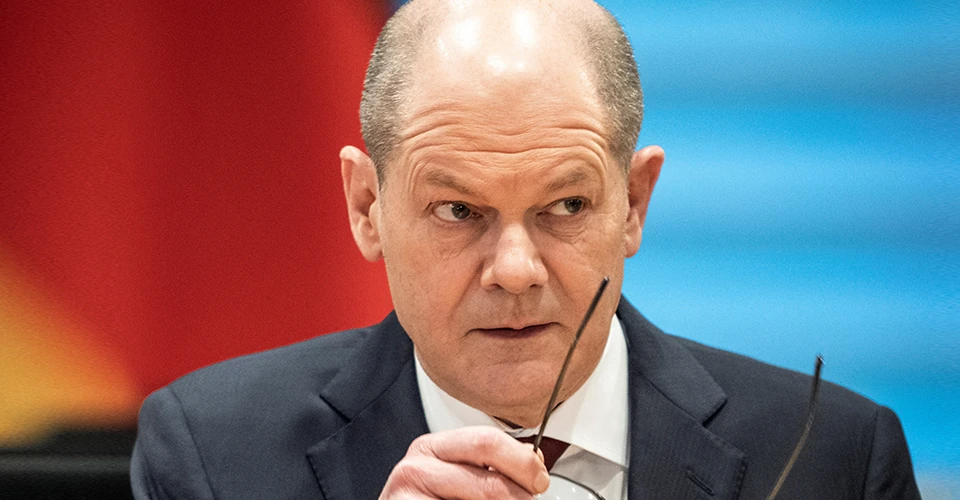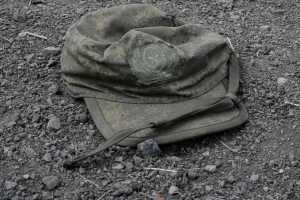
Germany ready to seize Russian assets in favour of Ukraine, but under certain conditions - Bloomberg
Germany is open to using billions of euros in frozen Russian assets to help Ukraine rebuild, if legal issues are resolved and allies follow suit
Bloomberg writes about it with reference to its own sources.
The government of Chancellor Olaf Scholz supports Ukraine's demand for reparations for the war, but has not yet taken an official position on the seizure of Russian state assets due to disagreements in the ruling coalition.
If Berlin is able to solve its own problems, it could give new impetus to discussions in the European Union and put pressure on the United States to seize assets, such as central bank reserves, which were frozen in response to the Russian invasion.
According to the newspaper, German Foreign Minister Annalena Baerbock insists that the arrest of at least part of the frozen assets should take place.
Finance Minister Christian Lindner, who heads the pro-business Free Democrats, is more cautious. He is concerned that confiscating the assets of the Russian central bank could set a dangerous precedent and lead European countries and their allies into a legal quagmire.
The EU and G7 countries have frozen about EUR 300 billion of Russian central bank reserves. The EU has also blocked about EUR 19 billion of assets belonging to sanctioned Russian businessmen, although these estimates are not complete. These assets are in limbo and cannot yet be distributed.
Instead of a full seizure, a more likely way from a legal point of view would be to seize the assets of individuals who have been proven to be involved in Russian war crimes, one of the sources said. However, such cases can take years to go through the courts, which could reduce such an initiative to mere symbolism.
Details of the discussions show that the potential for asset seizure is moving beyond theoretical debate and into practical implementation, but serious obstacles remain. Scholz wants any move to be coordinated with allies and legally clear.
The day before it became known that German Chancellor Olaf Scholz communicated from time to time directly with Russian leader Vladimir Putin about the full-scale military aggression of the Russian Federation against Ukraine.
- News














































